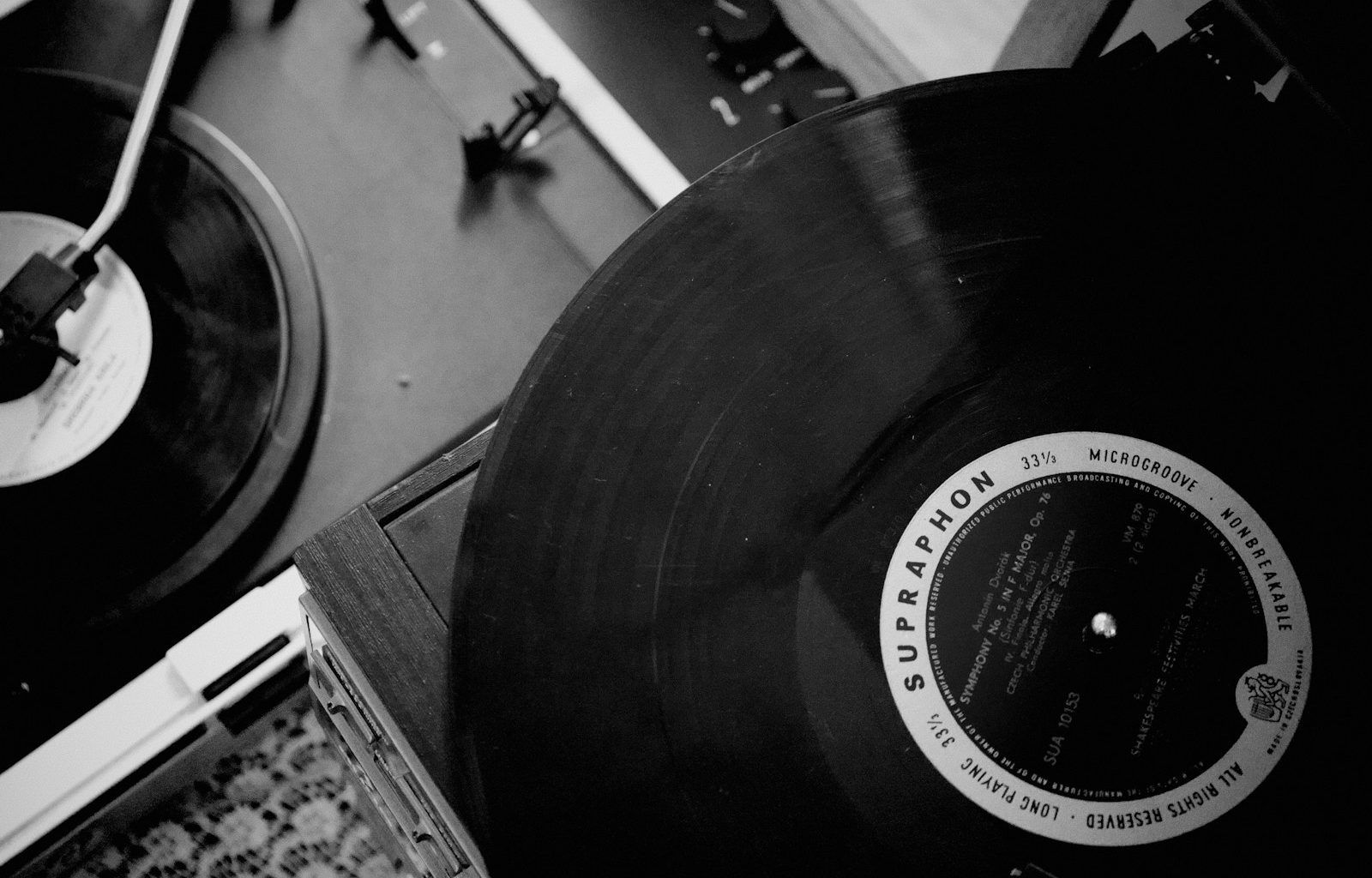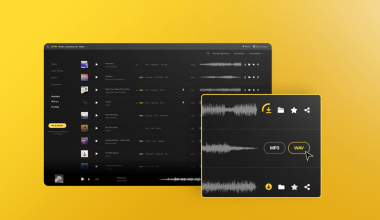Record labels and artists share one of the most iconic relationships in the music industry. This partnership has created countless legendary moments in music history, but it has also been a source of debates and evolution over the decades. Whether you are an aspiring musician or simply a music lover, understanding this bond helps appreciate the process that brings music to your ears.
What Are Record Labels?
A record label is a company that manages the production, distribution, and promotion of music. They are like the backbone of the music business, providing artists with resources and a platform to reach a broader audience. These labels invest in the creation of albums, marketing campaigns, and sometimes even in artist grooming.
Record labels come in various sizes:
- Major Labels: Companies like Universal Music Group, Sony Music, and Warner Music dominate the global music scene. They have vast resources and networks to promote artists worldwide.
- Independent Labels: Indie labels work on a smaller scale, offering personalized attention and often a more artist-friendly approach.
- DIY Labels: Some artists create their own labels, managing their careers independently.
Why Do Artists Need Record Labels?
Many budding musicians wonder: Do I really need a record label? The answer depends on individual goals and resources. Here’s how labels support artists:
- Financial Support: Producing high-quality music requires money. Record labels cover studio costs, music videos, and marketing campaigns.
- Promotion and Marketing: Labels have the expertise and connections to promote music on platforms like Spotify, Apple Music, and YouTube.
- Distribution: Getting your music to listeners worldwide is no small task. Record labels ensure your tracks are available on all streaming services.
- Career Growth: With a dedicated team behind them, artists can focus on creating music while the label handles business operations.
Challenges in the Record Label-Artist Partnership
Despite the benefits, working with record labels has its challenges. Artists often face:
- Loss of Creative Control: Some labels prioritize market trends over artistic freedom, pushing artists to create “radio-friendly” music.
- Royalty Splits: Many contracts favor the label, leaving artists with a smaller share of their earnings.
- Long-Term Contracts: These agreements may bind artists for years, sometimes limiting their career choices.
To navigate these issues, it’s crucial for artists to understand the terms of their contracts and advocate for fair treatment.
How Artists Are Shaping the Future of Record Labels
Today, many artists are redefining the traditional label model. With tools like AI mastering and digital distribution platforms such as Deliver My Tune, they are taking control of their careers. Independent artists now have access to resources that were once exclusive to big labels.
For example:
- Social Media Management: Platforms like Instagram, YouTube, and TikTok help artists connect directly with fans.
- Crowdfunding: Artists can raise money for albums and tours directly from their fanbase.
- Music Distribution Platforms: Services like Deliver My Tune allow artists to release their music on over 100 platforms, ensuring global reach without the need for a major label.
Tips for Artists Considering Record Labels
If you are an artist weighing your options, here’s a simple guide:
- Know Your Worth: Understand the value you bring to the table before signing any deal.
- Read Contracts Carefully: Legal jargon can be tricky. Consider hiring an entertainment lawyer to review terms.
- Explore Alternatives: Digital platforms offer distribution, portfolio creation, and AI mastering services at affordable prices.
- Build Your Brand: Use social media and portfolio services to showcase your talent. A strong online presence can attract better deals.
The Role of Technology in Strengthening Artist Independence
The digital age has transformed the way record labels and artists work. Tools like AI mastering ensure music meets professional standards without costly studio sessions. Similarly, platforms offering social media management and artist portfolios give artists a competitive edge.
Independent artists can now:
- Master tracks in minutes.
- Create professional portfolios to showcase their journey.
- Reach global audiences through effective distribution.
Why Transparency Matters in Record Label Deals
Transparency is key to a successful partnership between record labels and artists. Hidden fees, unclear royalty splits, and vague contract terms often create conflicts. Companies like Deliver My Tune aim to address these issues by providing clear terms, fair royalties, and comprehensive artist support.
Future Trends in the Record Label-Artist Relationship
The music industry continues to evolve. Key trends include:
- Hybrid Models: Partnerships where artists retain more control while benefiting from label resources.
- Focus on Diversity: Labels increasingly promote diverse artists and genres.
- Direct-to-Fan Models: Artists use platforms like Patreon to connect directly with their audience.
Final Thoughts
The relationship between record labels and artists is evolving, offering more opportunities for collaboration and independence. Whether you choose to work with a label or go solo, the most important thing is to stay informed, creative, and true to your music.
By embracing technology, building a strong brand, and understanding your options, you can achieve success on your terms. And remember, tools like Deliver My Tune are here to make your journey smoother.
For further reading, explore these related articles:
- How to Copy Song Lyrics Without Breaking Any Rules
- What Are Polar Patterns? A Simple Guide for Everyone
For additional resources on music marketing and distribution, visit Deliver My Tune.






